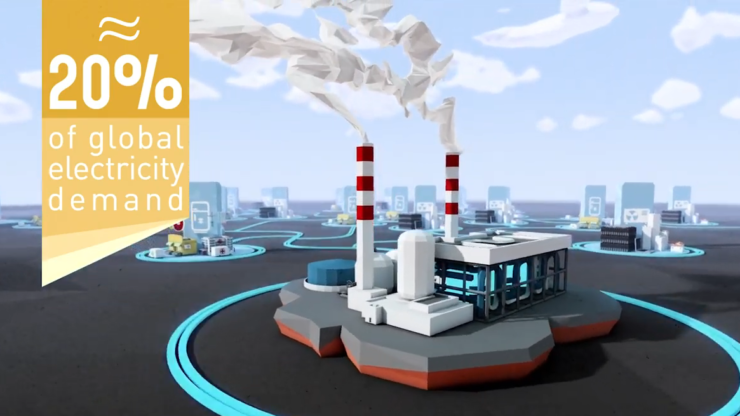UNEP DTU Partnership Head of the Copenhagen Center on Energy Efficiency, Gabriela Prata Dias has joined the jury for the One Planet City Challenge, a friendly competition to mobilize cities to deliver on the Paris Agreement hosted by the World Wildlife Foundation (WWF).
The One Planet One City Challenge is the largest and longest-running competition of its kind. More than 400 cities on five continents have participated with at least one goal to reduce carbon emissions and increase climate resiliency.
A jury of international experts
The One Planet City Challenge jury consists of leading experts within the field of urban sustainability from around the globe. With extensive local and regional knowledge jury members are uniquely qualified to evaluate the contribution of participating cities in achieving the goals set forth in the Paris Agreement.
As Head of the Copenhagen Center on Energy, Gabriela Prata Dias has a long experience in energy efficiency especially in cities.
She works closely with cities in developing countries around the world on energy efficiency projects aimed at lowering emissions, air pollution and reach the goals of the Paris Agreement and SDGs. She also heads the Business Models and Markets strategic area at UNEP DTU Partnership.
The international jury of experts selects national One Planet City Challenge winners with the most ambitious and inspiring commitments and actions.
Cities from more than 50 countries
The ultimate goal of the challenge is for cities to develop best practice and be more strategic, efficient and effective in their climate mitigation and adaptation plans and actions.
Cities in over 50 countries have joined WWF’s One Planet City Challenge 2020, representing approximately 66% of the global population. They will all receive guidance from global experts on big-win impact reductions in line with the 1.5 °C goal of the Paris Agreement.
Since the challenge started in 2011, participants in the One Planet City Challenge have raised ambitions by reporting more than 5,700 local actions with a total of 3.9Gt GHG emissions reduction potential by 2050.
Impact reaching beyond projects
Over half of the world’s inhabitants live in cities, and they account for 70% of carbon emissions and generate more than 80% of global GDP. Cities are not only massive emitters, but important testbeds, and multipliers, of solutions. As centers of both political and corporate power, cities can accelerate the transition to a more sustainable future.
As the global thematic hub for energy efficiency for the United Nations Secretary General’s Sustainable Energy for All (SEforALL) initiative, the Copenhagen Centre on Energy Efficiency focuses on cities in its work on standardisation, upscaling and replication of energy-efficient solutions, to create impact reaching far beyond individual projects.
The Copenhagen Centre on Energy Efficiency also works to engage national and subnational governments to accelerate the implementation of energy efficiency.
With an overall emphasis on the most rollout-ready energy end-use sectors, namely buildings, district heating and cooling, and lighting, the Copenhagen Centre on Energy Efficiency is assisting with project and technology procurement and investment models, best-practice knowledge and research in developing countries throughout the world.


